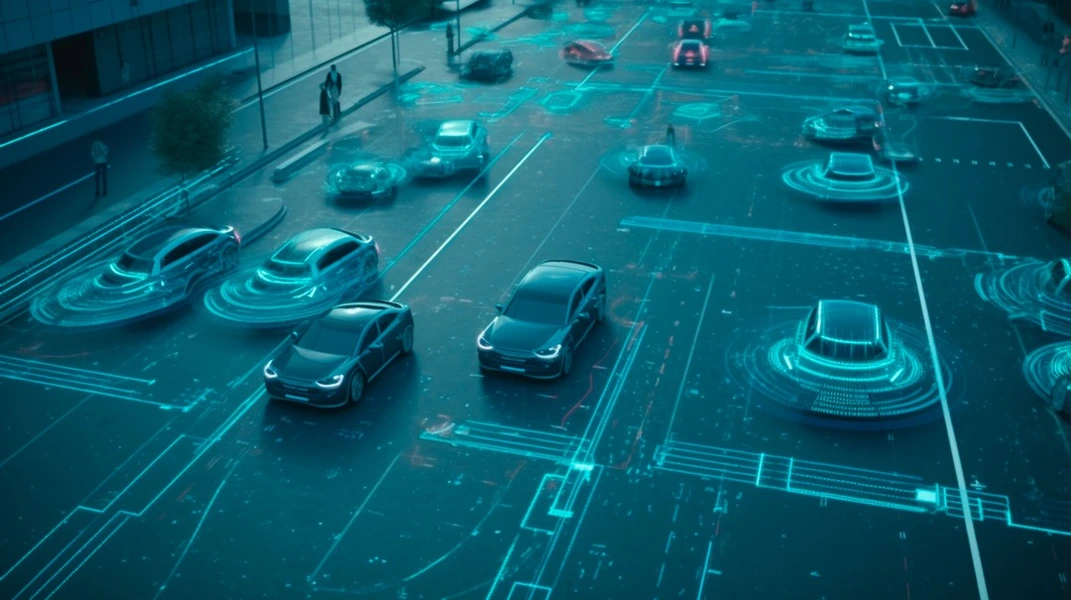In recent years, self-driving cars have shifted from the realm of science fiction into reality, promising a future filled with safer roads, increased productivity, and unprecedented convenience. As automotive giants and tech companies alike pour billions into perfecting autonomous vehicle technology, many potential buyers are left wondering: Are self-driving cars the right choice for them? This article delves into the benefits, challenges, and future prospects of self-driving cars to help you make an informed decision.
The Promise of Self-Driving Cars:
-
Enhanced Safety: Self-driving cars are designed to reduce human error, which is the leading cause of most road accidents. Equipped with advanced sensors and AI algorithms, these vehicles can detect obstacles, interpret traffic signals, and react to changing road conditions more swiftly than human drivers.
-
Increased Mobility for All: Autonomous vehicles hold the promise of increased mobility for the elderly, disabled, and others who are unable to drive themselves. This technology could offer a new level of independence, allowing more people to travel without relying on public transportation or personal assistance.
-
Reduced Traffic Congestion: By optimizing driving patterns and reducing the number of accidents, self-driving cars could significantly decrease traffic congestion. Some studies suggest that autonomous vehicles could improve traffic flow by communicating with each other to maintain optimal speed and minimize traffic jams.
Challenges and Considerations:
-
Technological and Ethical Challenges: Despite advancements, self-driving technology still faces significant hurdles, including how these vehicles make ethical decisions during unavoidable accidents. Moreover, the integration of this technology in mixed traffic scenarios—where autonomous and non-autonomous vehicles share the road—poses a substantial challenge.
-
Legal and Insurance Issues: The legal framework surrounding autonomous vehicles is still under development. Questions about liability in the event of an accident and insurance policies for self-driving cars are yet to be fully resolved, adding a layer of uncertainty for potential owners.
-
Cost Implications: Currently, the high cost of advanced sensors and software makes self-driving cars more expensive than traditional vehicles. While prices are expected to decrease as technology advances, the initial investment is still significant.
Are Self-Driving Cars Right for You? To decide whether a self-driving car is a good fit for you, consider the following:
- Your Comfort with Technology: Are you comfortable relying on technology for your safety and transportation needs?
- Your Daily Commute: Could a self-driving car improve your daily commute by allowing you to relax or work while traveling?
- Economic Considerations: Is the cost of a self-driving car justified by the potential savings in time and the decreased likelihood of accidents?
Conclusion: The revolution of self-driving cars is poised to transform our roads and societies in profound ways. While they offer numerous benefits, they also come with significant challenges and considerations. By carefully evaluating your personal circumstances and the current state of technology, you can determine whether an investment in a self-driving car is the right choice for you. As the technology evolves, it will be crucial to stay informed and revisit this decision as new information becomes available.
If you're considering a self-driving car, start by researching the latest models and their capabilities. Test drives and consultations with experts like me can also provide valuable insights into whether this technology fits your lifestyle and needs.








